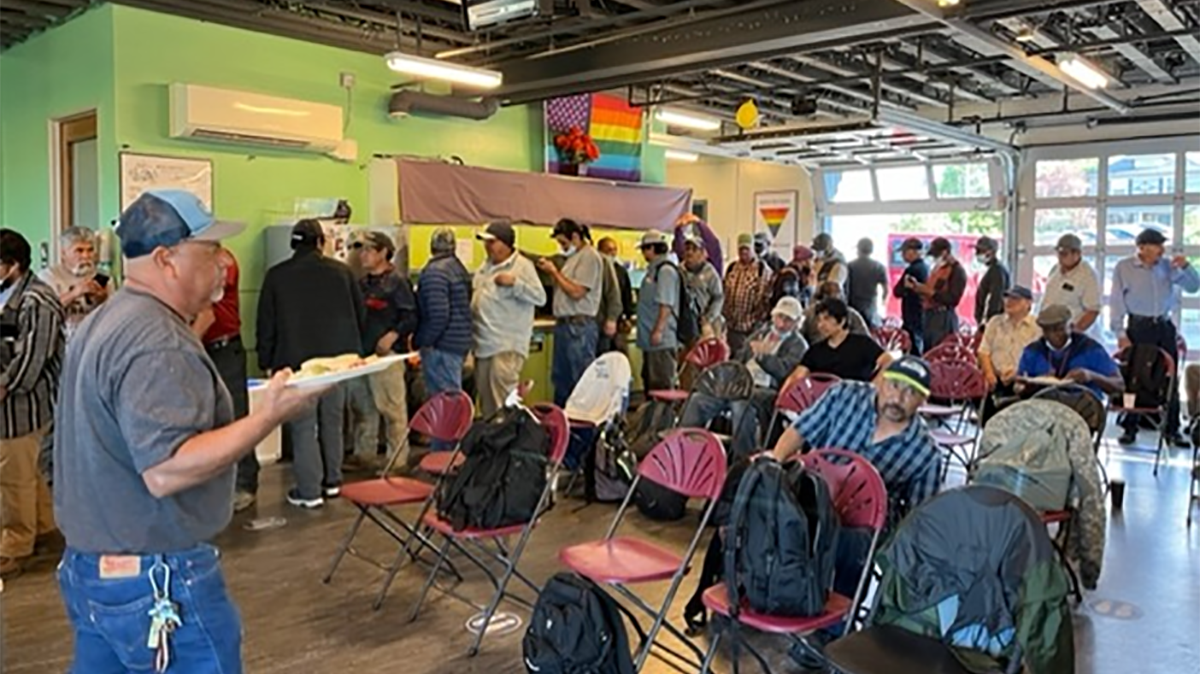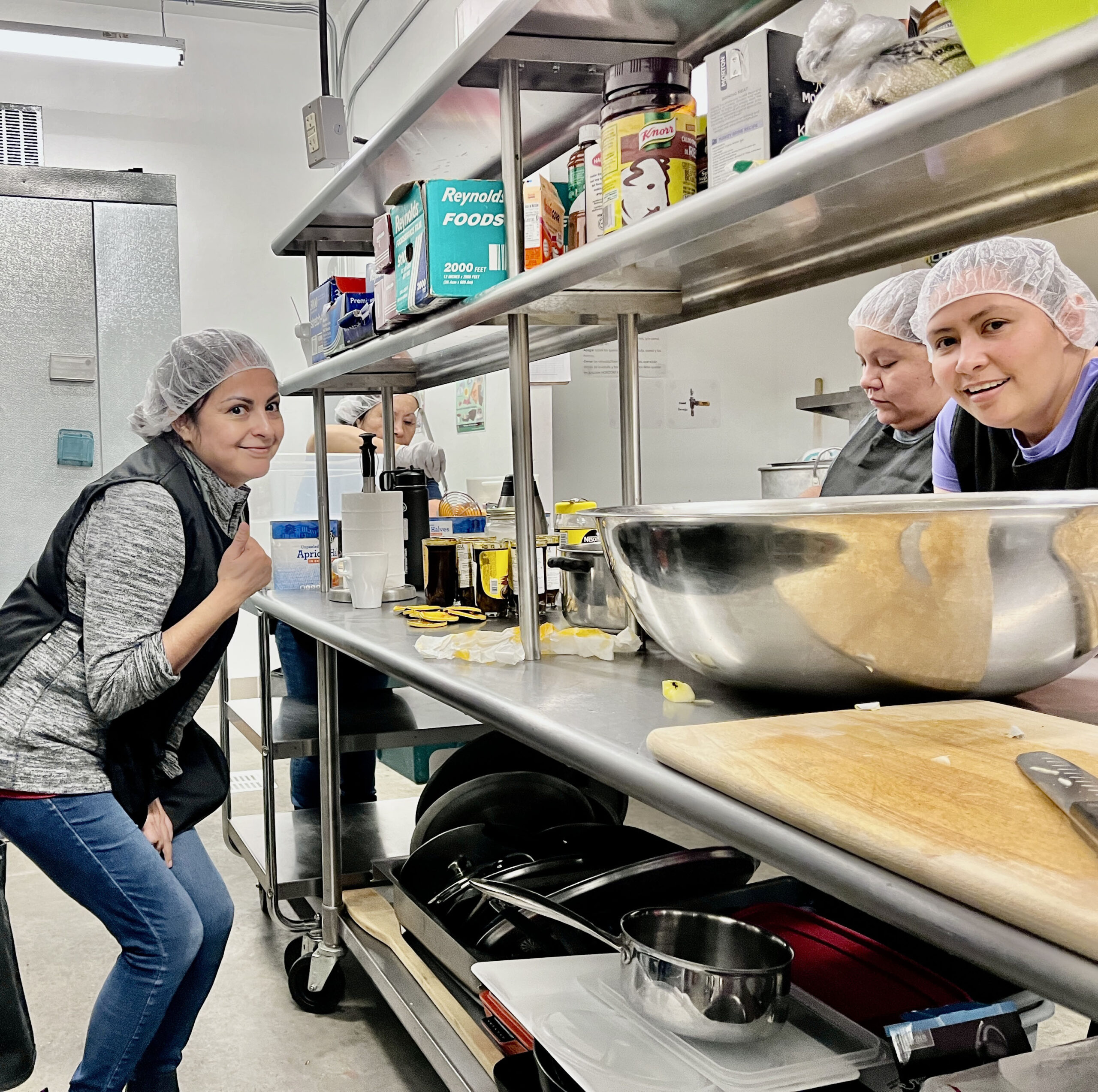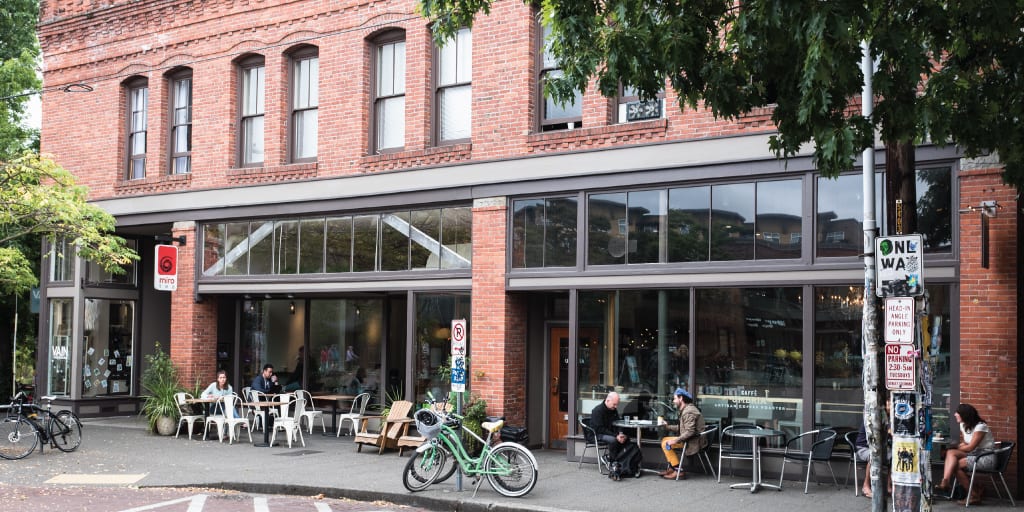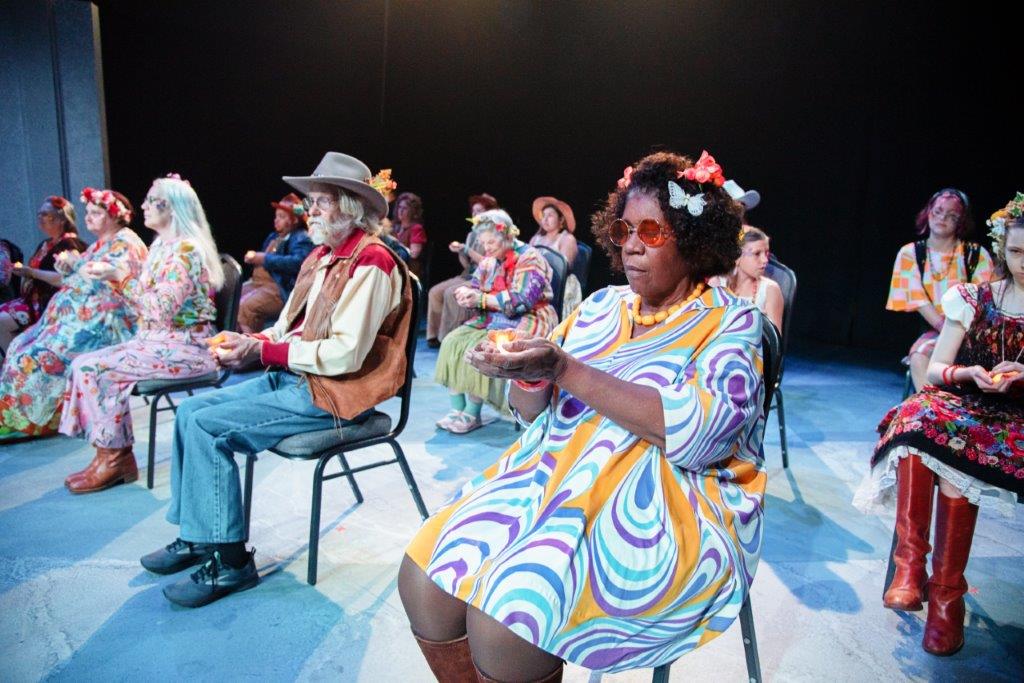
Since 1994, Casa Latina has provided training, knowledge, and support to Latino immigrants in Seattle. Their services include Day Worker Center, free English language classes, job skills training, employment programs, and much more, all focused on breaking the cycle of poverty within Latino immigrant communities and helping women and men become economically independent.
We recently connected with Co-Executive Director, Vania Adasme to learn more about the organization and how they are using their Food Equity Fund grant to help advance their mission and serve the community.
Can you tell us a bit about the history, mission, and vision of Casa Latina?

Casa Latina was founded in 1994 to advance the power of Seattle’s Latino immigrants by providing them with education and economic opportunities and gives people the tools they need to work, live, and support their families. Casa Latina is a non-profit organization that advances the power and well-being of Latino immigrants through employment, education, and community organizing. Our vision is that the Latino community participates fully in the economy and democracy of this country. Our Education Program, Day Worker Center, and Community Organizing programs are all focused on giving the training, knowledge, and support needed for our communities to move toward greater self-sufficiency.
What are some of the ways you serve and support Latino immigrants?
We serve our community by providing services throughout three pillars; they are education, employment, and community organizing. Within education, we offer ESL classes taught through popular education methods, as well as digital literacy with other community partnerships. We have a very robust employment sector where members are part of a member-led dispatch system that is made up of rules made by members, and their rates are also set by members. Within community organizing, we empower our members through groups, such as Mujeres Sin Fronteras. We take part in writing and building policy and legislation that not only affects Seattle but Washington state as a whole.
How will the Food Equity Fund grant help support Casa Latina’s mission and vision?

We here in Casa Latina have realized that food security was a large issue for members coming at 6:30 a.m. to do hard day laborer work. When the Food Equity Fund came through we were able to use the funding for a meal program that served 80 members twice a week. The program ran from May to September of 2022 and fed an estimated 2560 people through the 16 weeks of meals. This service meant that people were going to work with a healthy meal in their system or a healthy lunch prepared for their workday. For members who did not work the day of the service, they were able to eat a meal even on days they went without making any financial gain. For the people who participated in the kitchen, it built a lifetime bond of learning and sharing and taught them the basics of working in a community kitchen atmosphere which can help in pursuing job opportunities in the future. We served cuisines from South America, the Caribbean, Central America, and many regions of Mexico. Women and men who participated from different cultures were able to enrich the meals with a special flavor that then translated to joy in the day worker center, where you could hear laughter and music to accompany their meal. Participants learned how working together for a common goal could be a positive experience. There had to be a leader, follow instructions, and go out of their comfort zone with the type of food they were cooking from one meal to another.
Why is the work you are doing in general, and specifically through the food service training program, so important right now?

The cost of living in Seattle has risen, and the most affected is the community we serve. We have 450 active members who come to Casa Latina for resources. When we empower the community that gets involved in the kitchen, they are able to gain a new skill that could serve to find permanent employment or add a new skill to their list of abilities. For people who cannot cook in shared spaces or shelters, or because they are homeless, this project means food security for the longevity of the project.
Learn more about Casa Latina: https://casa-latina.org/.
Applications are currently open for Food Equity Fund. Community-based organizations working to address food education, access, and security in Seattle are encouraged to apply by March 15. To learn more or apply visit www.seattle.gov/food-equity-fund.


